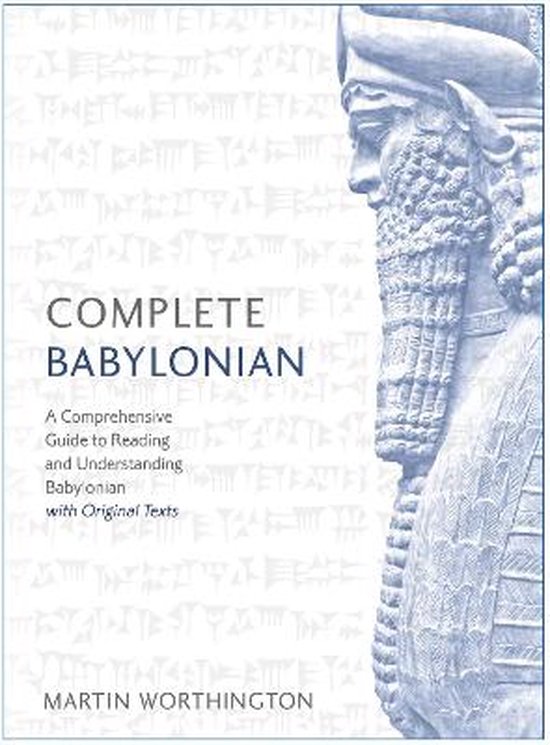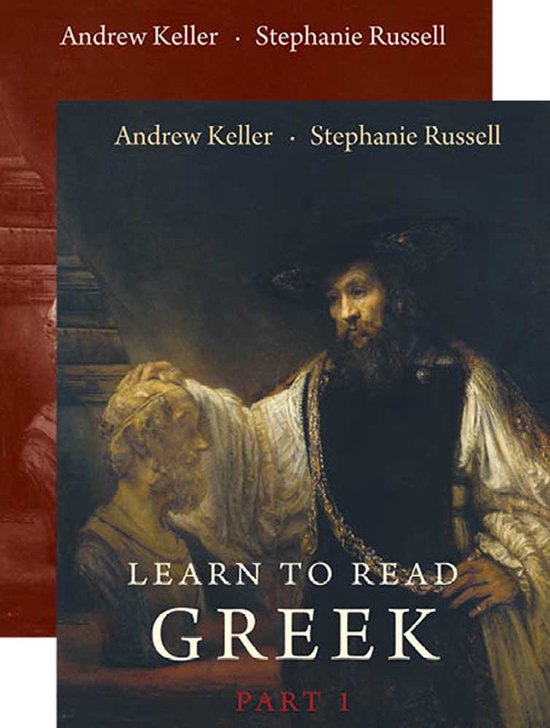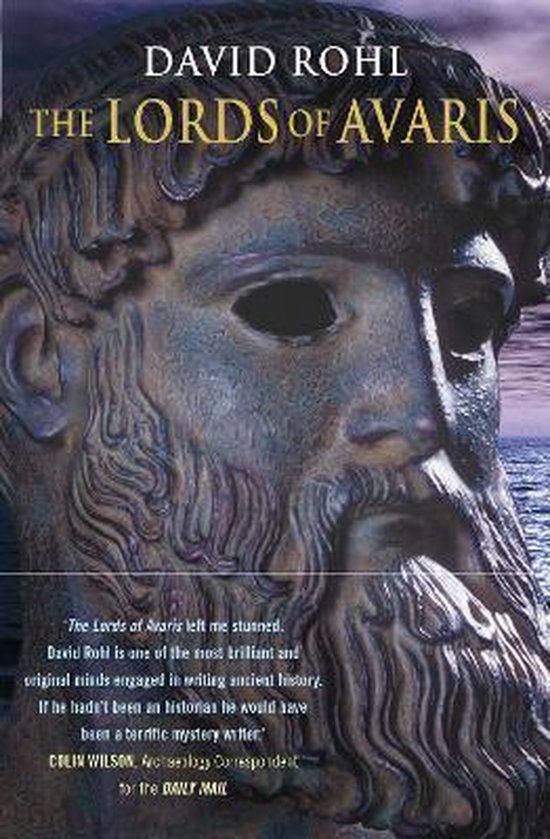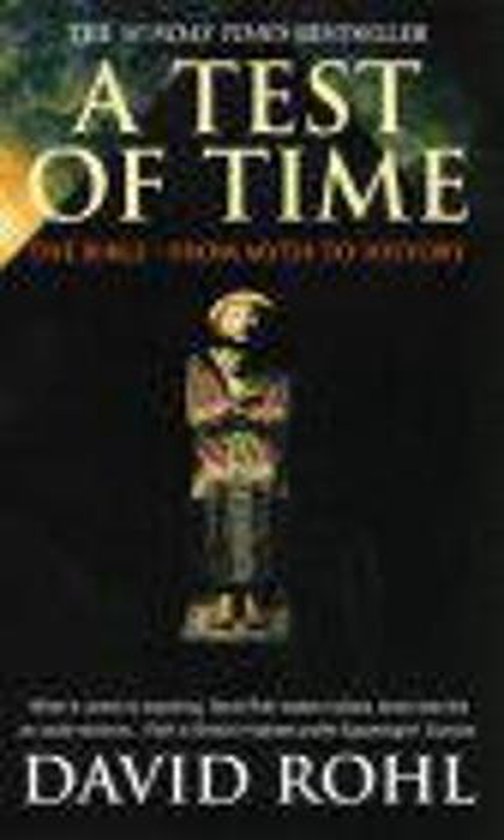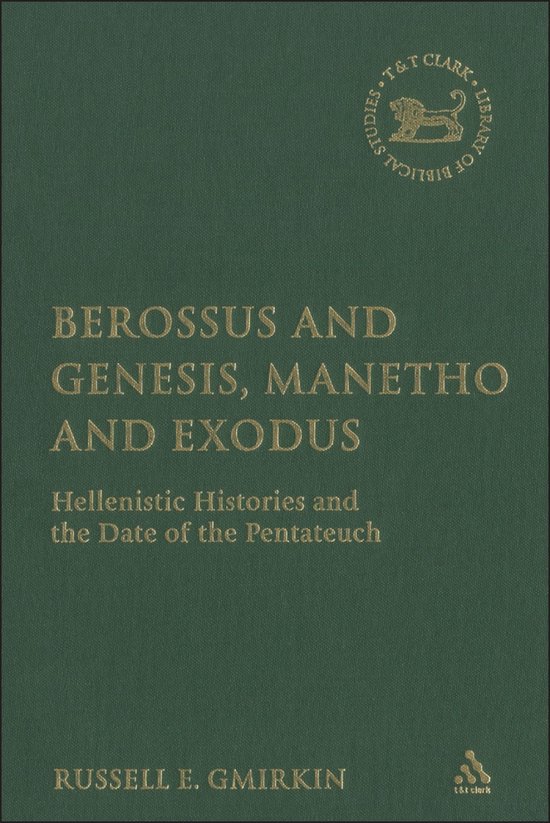
Berossus And Genesis, Manetho And Exodus
Proposes a different theory regarding the date and circumstances of the composition of the "Pentateuch". This book shows that the Hebrew "Pentateuch" was composed in its entirety about 273-272 BCE by Jewish scholars at Alexandria that later traditions credited with the Septuagint translation of the Pentateuch into Greek.
Berossus and Genesis, Manetho and Exodus proposes a provocative new theory regarding the date and circumstances of the composition of the Pentateuch. Gmirkin argues that the Hebrew Pentateuch was composed in its entirety about 273-272 BCE by Jewish scholars at Alexandria that later traditions credited with the Septuagint translation of the Pentateuch into Greek. The primary evidence is literary dependence of Gen. 1-11 on Berossus' Babyloniaca (278 BCE) and of the Exodus story on Manetho's Aegyptiaca (c. 285-280 BCE), and the geo-political data contained in the Table of Nations. A number of indications point to a provenance of Alexandria, Egypt for at least some portions of the Pentateuch. That the Pentateuch, drawing on literary sources found at the Great Library of Alexandria, was composed at almost the same date as the Septuagint translation, provides compelling evidence for some level of communication and collaboration between the authors of the Pentateuch and the Septuagint scholars at Alexandria's Museum. The late date of the Pentateuch, as demonstrated by literary dependence on Berossus and Manetho, has two important consequences: the definitive overthrow of the chronological framework of the Documentary Hypothesis, and a late, 3rd century BCE date for major portions of the Hebrew Bible which show literary dependence on the Pentateuch.
Berossus and Genesis, Manetho and Exodus proposes a provocative new theory regarding the date and circumstances of the composition of the Pentateuch. Gmirkin argues that the Hebrew Pentateuch was composed in its entirety about 273-272 BCE by Jewish scholars at Alexandria that later traditions credited with the Septuagint translation of the Pentateuch into Greek. The primary evidence is literary dependence of Gen. 1-11 on Berossus' Babyloniaca (278 BCE) and of the Exodus story on Manetho's Aegyptiaca (c. 285-280 BCE), and the geo-political data contained in the Table of Nations. A number of indications point to a provenance of Alexandria, Egypt for at least some portions of the Pentateuch. That the Pentateuch, drawing on literary sources found at the Great Library of Alexandria, was composed at almost the same date as the Septuagint translation, provides compelling evidence for some level of communication and collaboration between the authors of the Pentateuch and the Septuagint scholars at Alexandria's Museum. The late date of the Pentateuch, as demonstrated by literary dependence on Berossus and Manetho, has two important consequences: the definitive overthrow of the chronological framework of the Documentary Hypothesis, and a late, 3rd century BCE date for major portions of the Hebrew Bible which show literary dependence on the Pentateuch.
| Auteur | | Russell Gmirkin |
| Taal | | Engels |
| Type | | Hardcover |
| Categorie | | Religie, Spiritualiteit & Filosofie |
